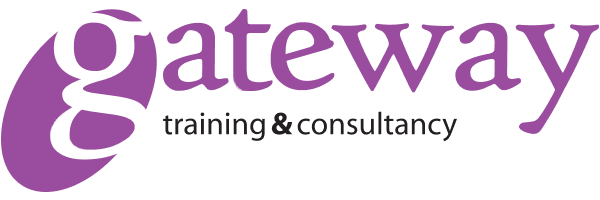Target group
Clinical staff and supervisors or managers of staff or volunteers in Competency Group A, who may need to identify when a
person may be deprived of their liberty, and when authorisation may be required to protect their rights under the LPS.
Whilst the LPS process may be triggered as part of care or treatment planning, some individuals may need to know how to
make a referral to the Responsible Body, so that it can arrange for the relevant assessments to be carried out. This might
include managers of care homes or other adult social care services, children’s residential care home managers or clinical
staff in health services.
Competency Group B:
Learning outcomes for Competency Group A, plus:
1B1 Know what the risks to human rights are of NOT making an appropriate referral.
1B2 Be able to act within organisational policies and procedures about human rights abuses.
2B1 Apply the principles of the MCA.
2B2 Understand broadly when the MCA might be the correct legal framework to protect or promote an individual’s rights.
2B3 Understand broadly the role of the "decision maker" under the MCA and be able to identify the decision maker in
different circumstances, to provide clarity in the LPS process.
2B4 Understand when restraint may be necessary and proportionate.
2B5 Understand the general difference between restrictions, restraint and a dol.
3B1 Explore alternative available options for day-to-day care, considering less restrictive options.
3B2 Know when to make a referral to the LPS process and what information is required by the Responsible Body.
3B3 Know and understand the LPS referral processes, including what format the Responsible Body requires the referrer to
use to make a referral (such as web-forms, standard templates).
3B4 Understand that the Responsible Body will decide whether an IMCA is required and if an individual is suitable to be an
Appropriate Person.
3B5 Be aware that the Responsible Body may require information to help identify family members and friends who may be
suitable to be an Appropriate Person.
3B6 Understand the importance of clear evidenced-based record-keeping.
3B7 Be aware of the role of Monitoring Bodies (CQC and Ofsted in England) in the LPS scheme.
3B8 Be aware of the need to avoid restrictions wherever possible and to be informed by the wishes and feelings of the
person.
3B9 Ensure that when there is an authorisation of a dol in place, any proposed additional restriction is always notified to
the Responsible Body, to consider whether a variation of the authorisation is possible or if a new authorisation is required.
3B10 Be aware that if the responsibility for care changes from the LA to the ICB or vice versa, there may need to be a
change of Responsible Body, even if there has been no change to the authorised arrangements.
3B11 Understand the relationship between Safeguarding (for adults and young people aged 16 or 17) and the LPS scheme.
3B12 Ensure that where an IMCA is appointed, information is provided to enable them to fulfil the statutory LPS IMCA role.
3B13 Understand that care, health and education staff should do all they can to enhance and support the person to make
relevant decisions for themselves.
3B14 Demonstrate knowledge of where to find out more on the interface between LPS and MHA.
3B15 Know where to make links with other processes where applicable, such as care and support planning and education
health and care (EHC) plans.
3B16 Understand that if steps become necessary for life-sustaining treatment or for a vital act, either whilst awaiting an
authorisation decision from the Responsible Body or in an emergency, these steps may be authorised under S4B of the
MCA.
3B17 Understand the interface between the MHA 1983 and MCA 2005 in the context of medical treatment for a mental
disorder and also when arrangements are excluded from the LPS by Part 7 of Schedule AA1.
3B18 Identify whether an IMCA is required and make referrals to an IMCA, if required. 4B1 Be able to describe what a
deprivation of liberty is, in line with the Code of Practice.
4B2 Know how to recognise a potential dol, including in the context of medical care for either a mental disorder or a
physical health need.
5B1 Know how to assess if the arrangements proposed will be safe and effective for the young person.
5B2 Understand in some case the potential enormity for a young person of being deprived of their liberty and what it
might mean for their future.
5B3 Be aware of the need to enable social skills of young people to support them to be as independent as possible.
5B4 Be able to describe which decisions the MCA says a young person aged under 18 (with capacity) can make, and those
they can't (such as making advance decisions to refuse treatment and appointing lasting power of attorneys).

